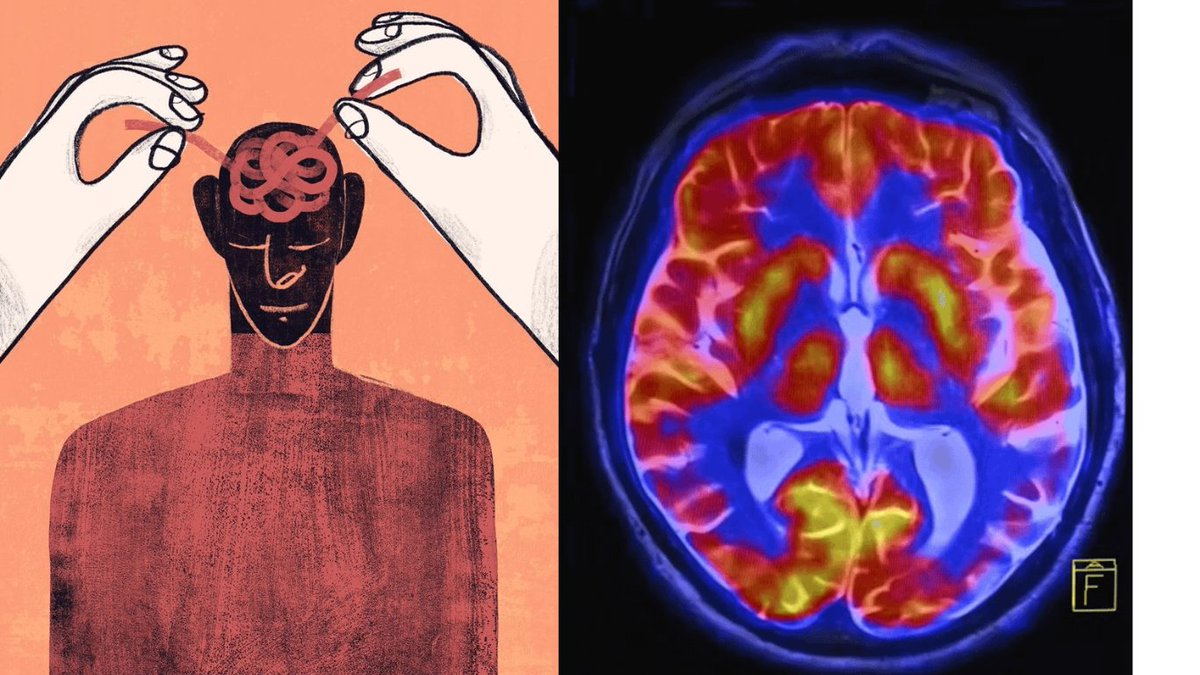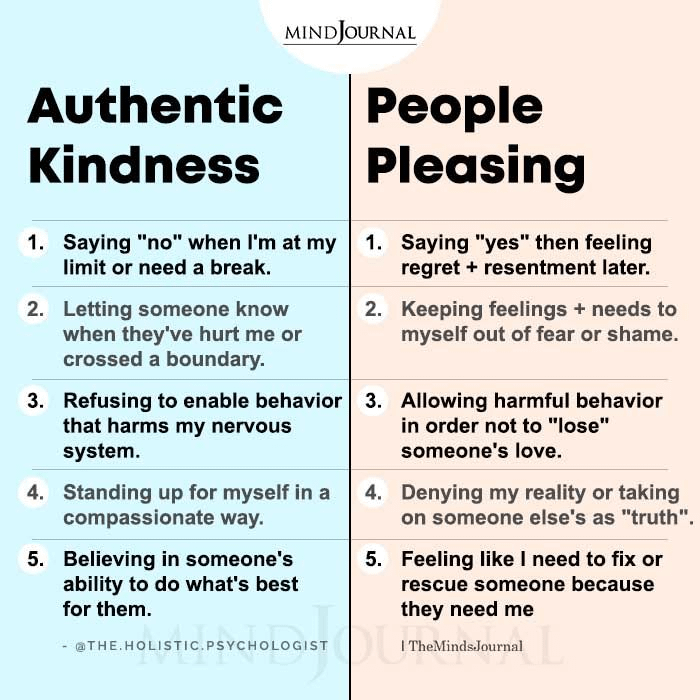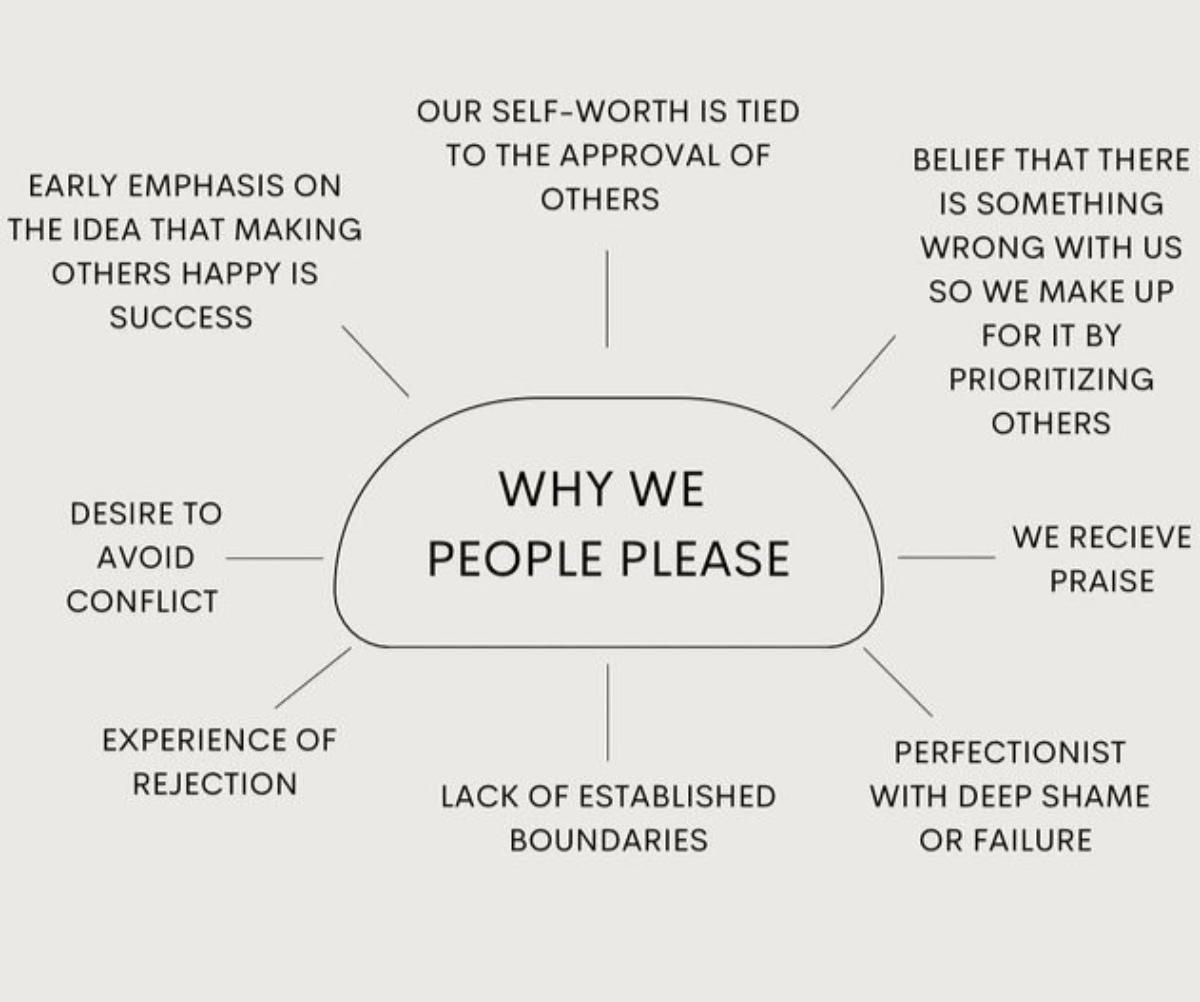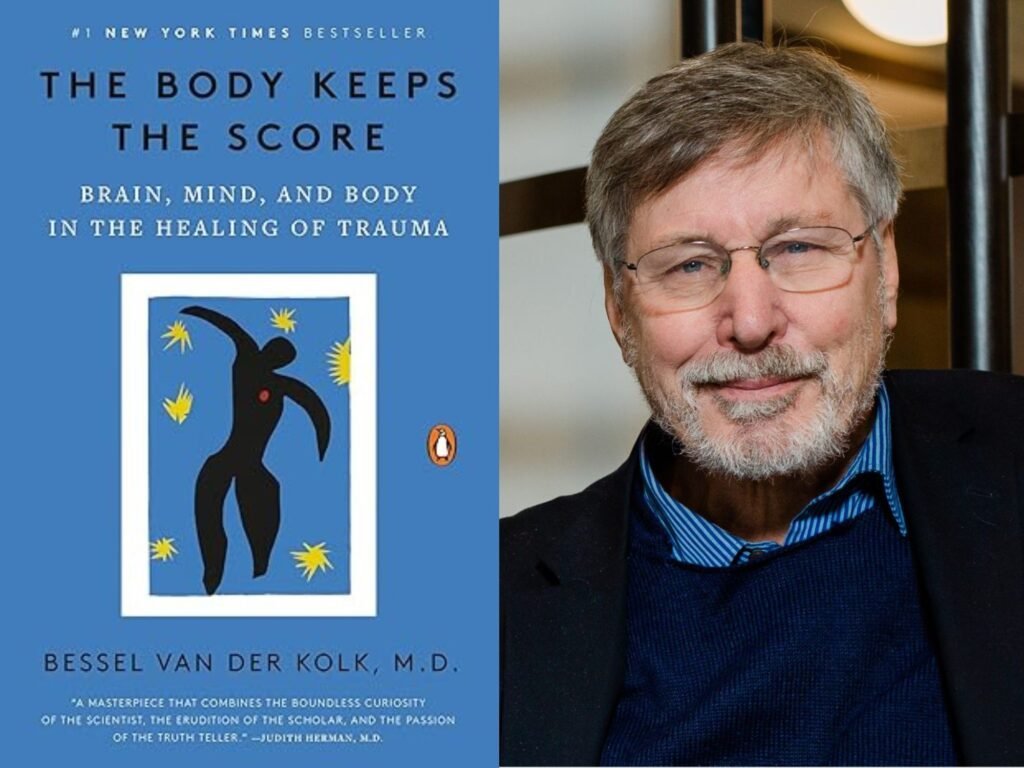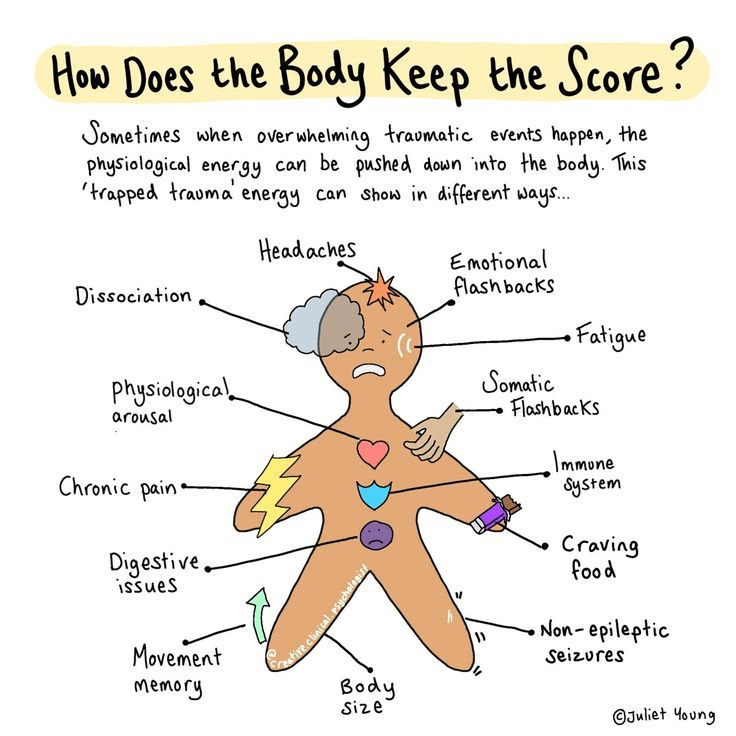Trauma isn’t just in your head—it’s in your body.
Science shows trauma can alter gene expression, shape stress responses, and even be passed down to future generations.
Here’s how to break the cycle and rewire your system for good (by a PhD psychologist):🧵
Science shows trauma can alter gene expression, shape stress responses, and even be passed down to future generations.
Here’s how to break the cycle and rewire your system for good (by a PhD psychologist):🧵
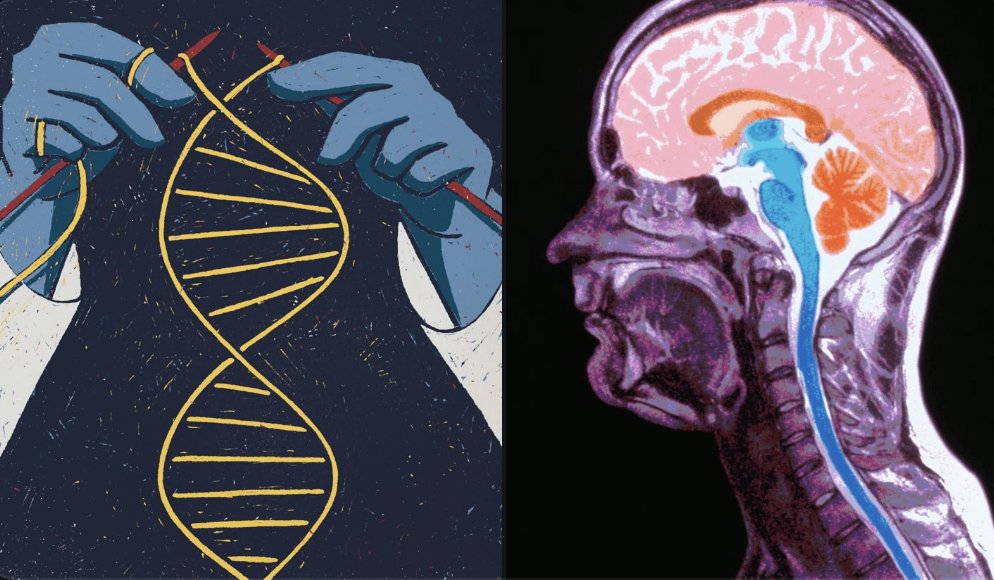
U.S. National Academy of Science called trauma "An unrecognized epidemic".
• 75% of people worldwide are affected by it
• 70% of adults in U.S.A have experienced trauma in some way
• 66% of kids have experienced 1 traumatic event by the age of 16
• 75% of people worldwide are affected by it
• 70% of adults in U.S.A have experienced trauma in some way
• 66% of kids have experienced 1 traumatic event by the age of 16
Generational trauma isn’t just a buzzword—it’s a biological reality.
Your nervous system is shaped by the stress responses of your parents and grandparents.
But here’s the good news: You can rewire it.
Here's what inherited trauma can look like:
Your nervous system is shaped by the stress responses of your parents and grandparents.
But here’s the good news: You can rewire it.
Here's what inherited trauma can look like:
First, let’s define the problem:
Generational trauma is the unconscious transmission of fear and stress from one generation to the next.
It happens through:
• Parenting styles
• Stress and trauma
• Unprocessed emotions
• Epigenetics (yes, trauma can alter your genes)
Generational trauma is the unconscious transmission of fear and stress from one generation to the next.
It happens through:
• Parenting styles
• Stress and trauma
• Unprocessed emotions
• Epigenetics (yes, trauma can alter your genes)
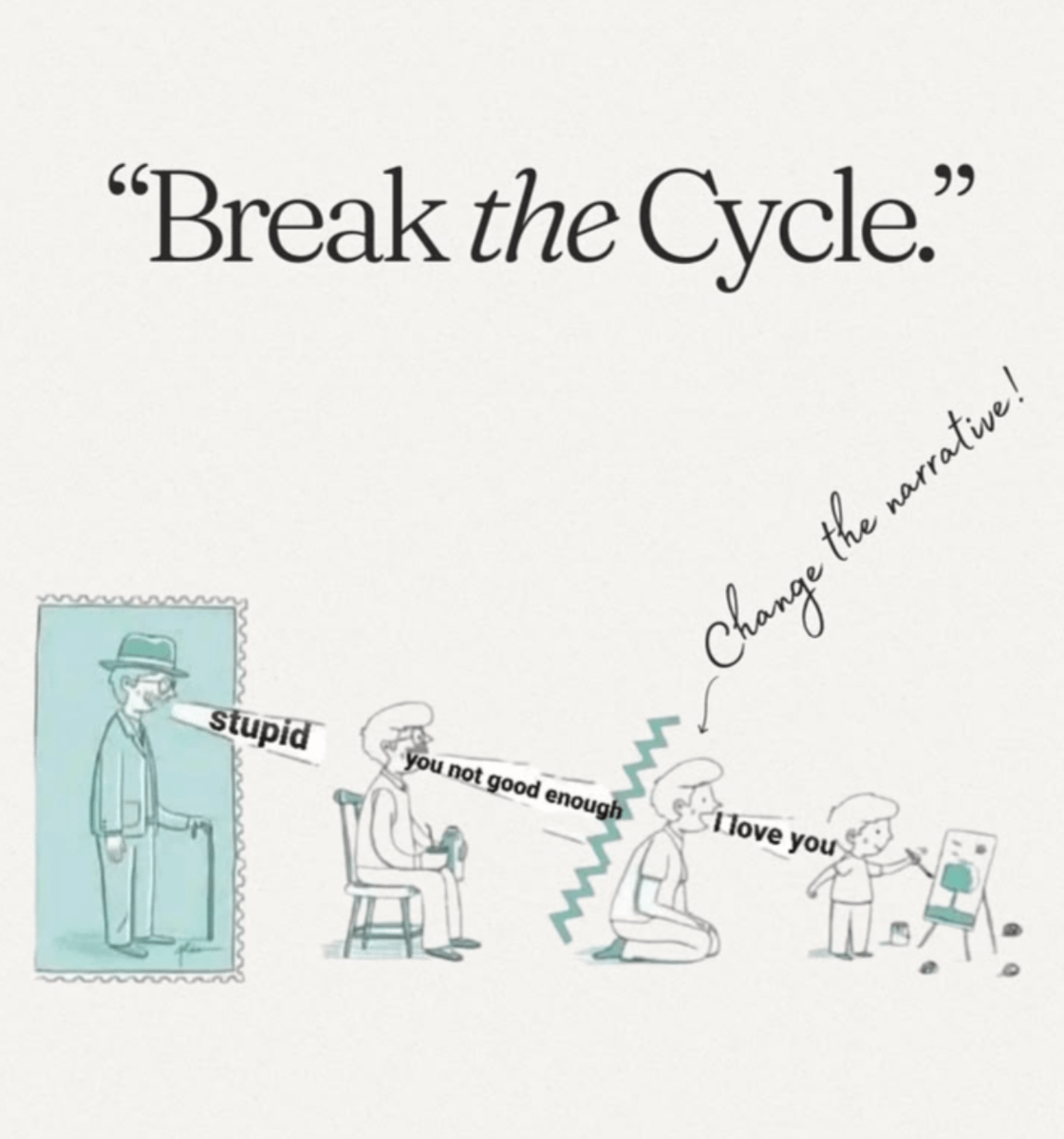
The traditional view:
“Just talk about it. Go to therapy. Heal through understanding.”
But here’s the truth:
Awareness alone won’t heal you.
Because trauma isn’t just psychological—it’s physiological.
“Just talk about it. Go to therapy. Heal through understanding.”
But here’s the truth:
Awareness alone won’t heal you.
Because trauma isn’t just psychological—it’s physiological.
You don’t just “think” about trauma.
You feel it in:
• Chronic stress and anxiety
• Gut issues and autoimmune diseases
• Tension in your body
• Uncontrollable emotional triggers
This isn’t just mindset work. It’s nervous system work.
You feel it in:
• Chronic stress and anxiety
• Gut issues and autoimmune diseases
• Tension in your body
• Uncontrollable emotional triggers
This isn’t just mindset work. It’s nervous system work.
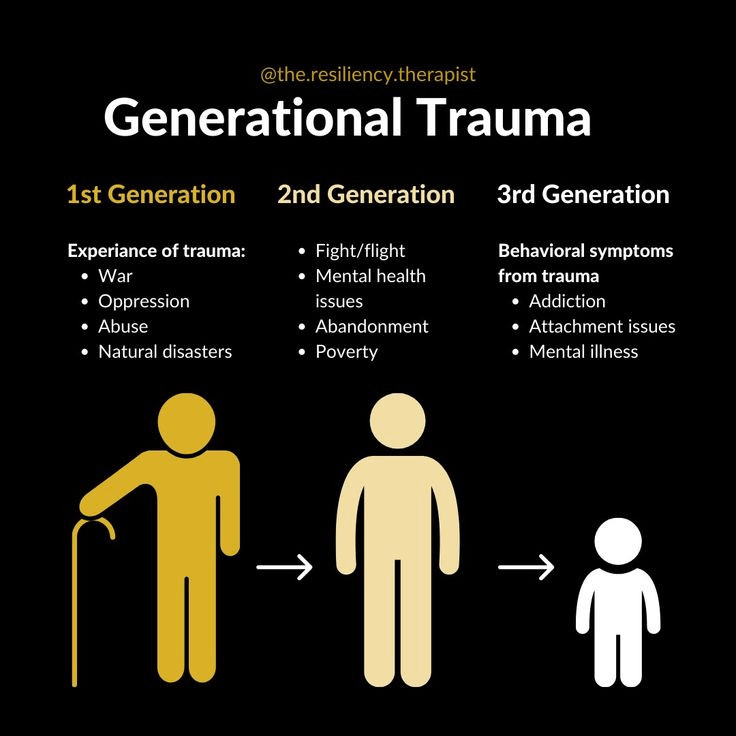
The science backs this up:
• Trauma changes the brain’s amygdala (fear center)
• It alters cortisol (stress hormone) levels
• It’s even passed down through DNA (epigenetics)
Meaning? You inherit your ancestors’ unresolved stress.
But you don’t have to keep it.
• Trauma changes the brain’s amygdala (fear center)
• It alters cortisol (stress hormone) levels
• It’s even passed down through DNA (epigenetics)
Meaning? You inherit your ancestors’ unresolved stress.
But you don’t have to keep it.
Just because you inherited trauma through DNA it doesn't mean you can't heal it.
Healing your trauma doesn't just transform your life—it changes future generations.
The best part? It can be healed at any time.
The best 2 solutions I've seen (from 25 years of experience):
Healing your trauma doesn't just transform your life—it changes future generations.
The best part? It can be healed at any time.
The best 2 solutions I've seen (from 25 years of experience):

1) Become Aware Of Inherited Mindsets
• "People are evil"
• "Love only leads to pain"
• "Everyone is looking out for themselves"
These phrases show unhealed trauma passed down from generations.
Become aware of your family's unhealed patterns of trauma.
• "People are evil"
• "Love only leads to pain"
• "Everyone is looking out for themselves"
These phrases show unhealed trauma passed down from generations.
Become aware of your family's unhealed patterns of trauma.
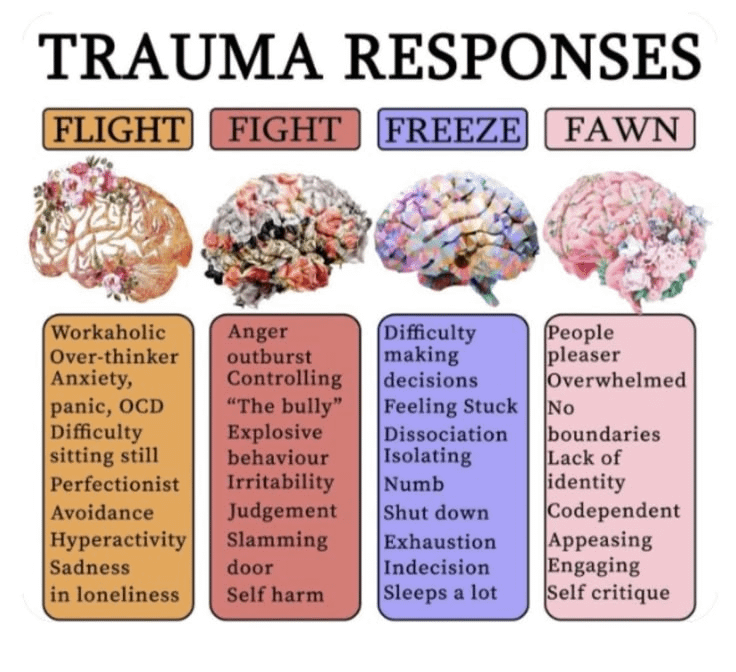
2) Talk Therapy alone takes too long
Trauma doesn't only live in your head. It also lives in your nervous system.
You can try to think or talk your way out of it, but the problem will always stay.
To solve it, you have to address the problem from its root cause—the body.
Trauma doesn't only live in your head. It also lives in your nervous system.
You can try to think or talk your way out of it, but the problem will always stay.
To solve it, you have to address the problem from its root cause—the body.
The real solution? Healing at the level of the nervous system.
Here’s what actually works:
1. Polyvagal Regulation – Teaching your nervous system safety
2. Inner Child Work – Reparenting yourself to break old patterns
3. Somatic Therapy – Releasing stored trauma through movement & breath
4. Daily Nervous System Resets – Small habits that rewire stress responses
Here’s what actually works:
1. Polyvagal Regulation – Teaching your nervous system safety
2. Inner Child Work – Reparenting yourself to break old patterns
3. Somatic Therapy – Releasing stored trauma through movement & breath
4. Daily Nervous System Resets – Small habits that rewire stress responses
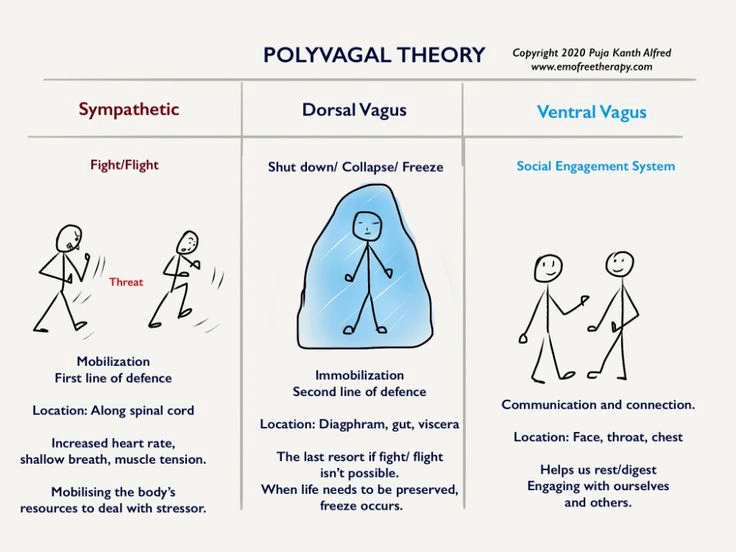
In my 25 years of experience:
Breaking generational trauma isn’t about “thinking positive.”
It’s about rewiring your body to feel safe for the first time in generations.
You don’t just heal for yourself—you heal for your children and their children.
Breaking generational trauma isn’t about “thinking positive.”
It’s about rewiring your body to feel safe for the first time in generations.
You don’t just heal for yourself—you heal for your children and their children.
If you're ready to change the patterns of inherited trauma and stress for good,
Check out the 7-day body-based course based on 25+ years of experience as a PhD psychologist.
Join here (available for a limited time): offers.drbobbeare.com/inner-work-mas…
Check out the 7-day body-based course based on 25+ years of experience as a PhD psychologist.
Join here (available for a limited time): offers.drbobbeare.com/inner-work-mas…
Thanks for reading
For more psychology content like this,
Drop a like and follow me @DrBobBeare
For more psychology content like this,
Drop a like and follow me @DrBobBeare
👉Thanks for reading.
👉If you enjoyed this, please follow me and repost the first post (below).
👉Reply with your thoughts on body-focused healing.
👉If you enjoyed this, please follow me and repost the first post (below).
👉Reply with your thoughts on body-focused healing.
https://x.com/drbobbeare/status/1924450140573610432
Same old relationship struggles?
Same carreer blockades?
Inner Work Mastery is a 7-day, body-based system to help you finally break the cycle.
Check it out here: offers.drbobbeare.com/inner-work-mas…
Same carreer blockades?
Inner Work Mastery is a 7-day, body-based system to help you finally break the cycle.
Check it out here: offers.drbobbeare.com/inner-work-mas…
• • •
Missing some Tweet in this thread? You can try to
force a refresh


